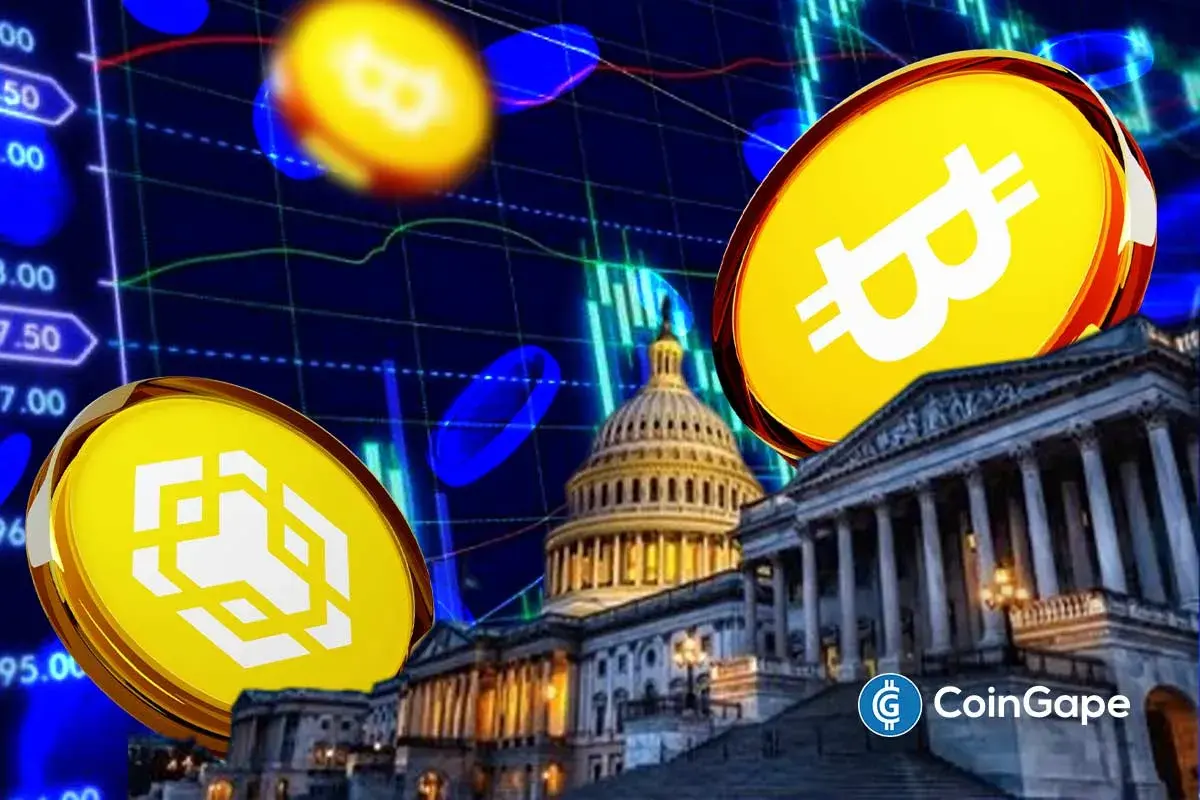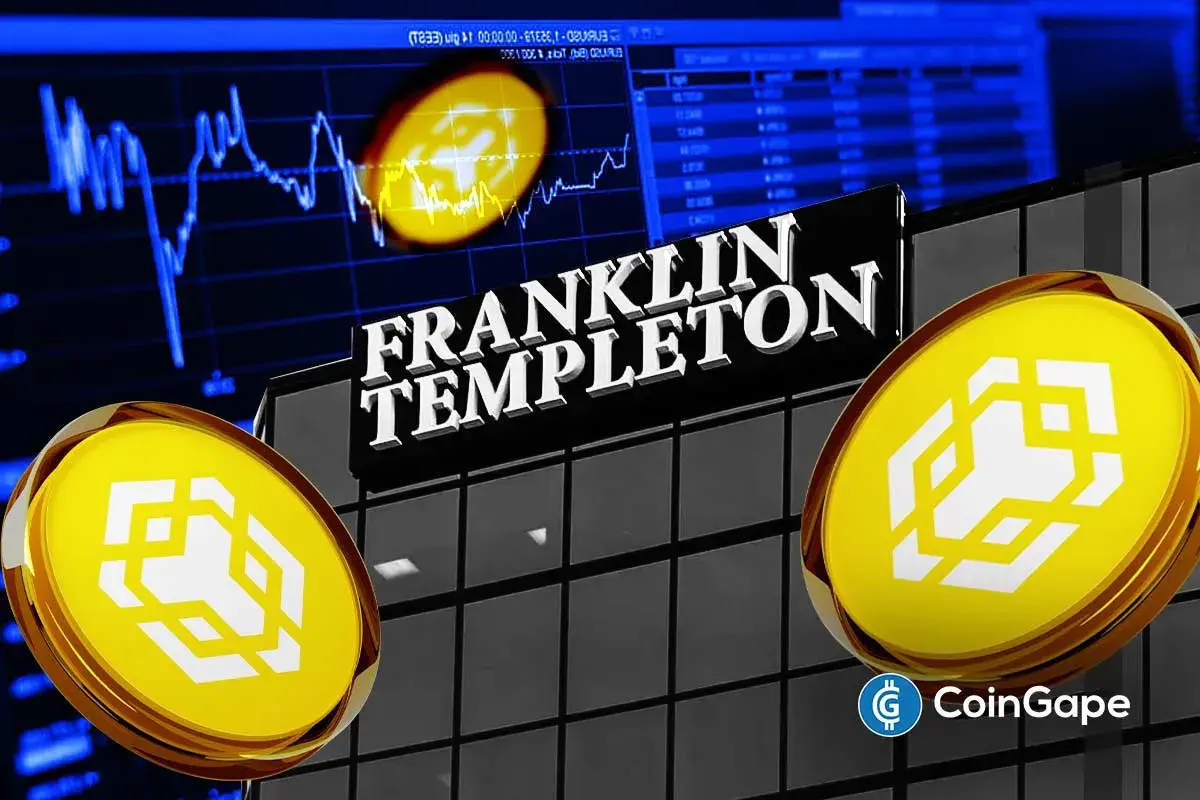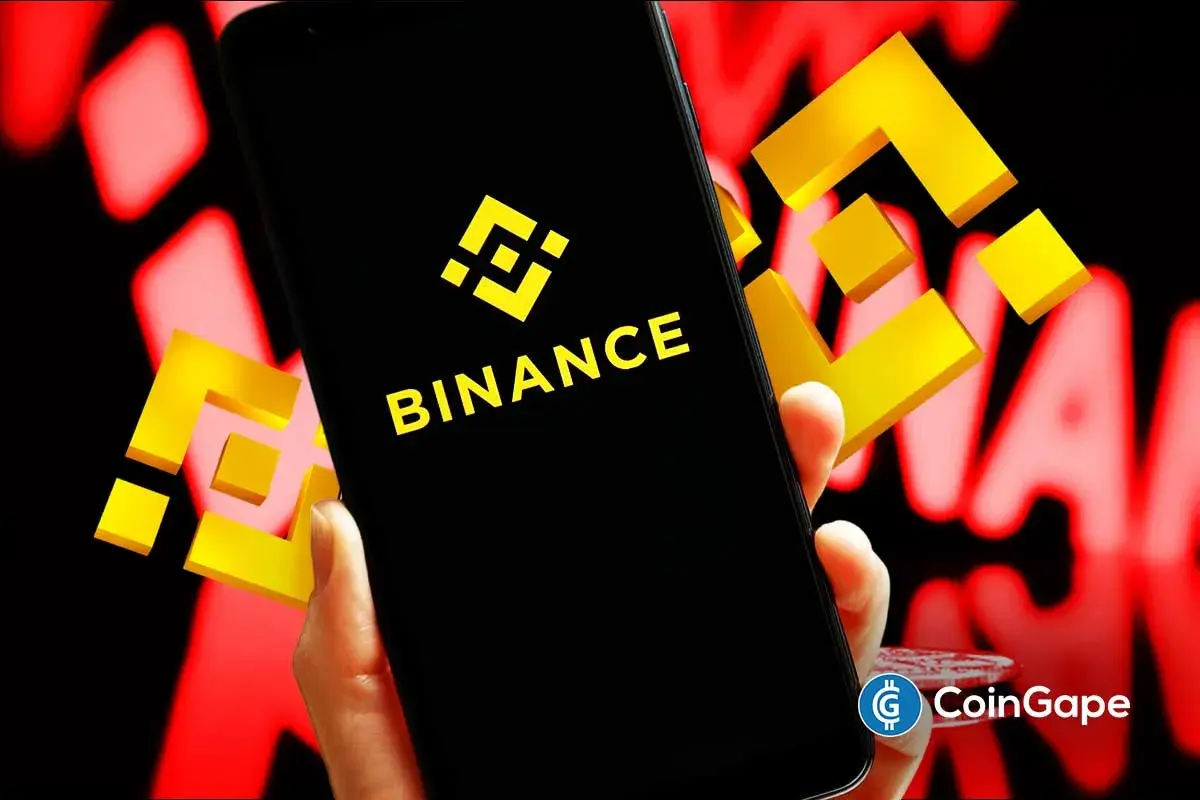Crypto Exchange Binance Loses 16% Market Share After CFTC Lawsuit

Over the last month, crypto exchange Binance has come under regulatory fire with the US Commodities and Futures Trading Commission (CFTC) slapping a lawsuit for alleged violation of the derivatives regulations.
This has put a massive dent in Binance’s crypto market dominance as the exchange’s market share dropped by 16% within a week’s time. However, blockchain analytics firm Kaiko explains that the end of zero-fee trading by Binance has done more damage than the CFTC lawsuit.
Although Binance seems to be losing 16% market share in spot volumes, it has lost only 2% market share for perpetual futures trade volume. Thus, Kaiko notes that the major reason behind Binance losing the market share was the end of the zero-fee spot trading instead of the regulatory action.
As we know, Binance gained significant market share even since the collapse of the crypto exchange FTX. After November 2022, Binance’s market share jumped from 50% to 65%.
Binance’s CZ to Face Interpol Notice?
On Monday, April 3, a rumor circulated in the crypto market that Binance chief Changpeng Zhao could be facing an “Interpol Red Notice” as per a tweet from @cobie, well-followed by the crypto community.
This rumor was enough to send tremors across the crypto space with BNB Coin and BTC coming under immediate corrections. However, @cobi’es tweet was an encrypted message with SHA-256 hash function, the same cryptography that secures other digital assets including Bitcoin.
However, Binance Chief Strategy Officer Patrick Hillmann issued a clarification in his tweet adding that the rumor isn’t true. He wrote: “One of two things is true: 1. It’s bullsh-t 2. A law enforcement agent is illegally leaking elements of a case file. My bet is #1.”
Crypto exchange Binance has been at the crossroads of a strong regulatory action recently in the US. But Binance is not alone in facing the heat. Other major competitors like Coinbase have also faced a similar regulatory action in recent weeks.
- Expert Predicts Bitcoin Dip to $49K as ‘Trump Insider’ Whale Dumps 5,000 BTC
- Bitcoin Price Rebounds $70K, Here are the Top Reasons Why?
- Crypto Market Weekly Recap: Crypto Bill White House Meeting, Binance Buys $1B BTC, and More (9- Feb 13)
- TRUMP Coin Pumps 5% as Canary Capital Amends ETF Filing With New Details
- Crypto Prices Surge Today: BTC, ETH, XRP, SOL Soar Despite US Government Shutdown
- Crypto Price Prediction For the Week Ahead: Dogecoin, Solana and Cardano
- Bitcoin Price Prediction: How Could Brazil’s Strategic Bitcoin Reserve Proposal Impact BTC?
- 3 Top Reasons Pi Network Price Surging Today (14 Feb)
- XRP Price Prediction Ahead of Potential U.S. Government Shutdown Today
- Bitcoin Price Outlook As Gold And Silver Lose $3.6 Trillion in Market Value
- XRP and Ethereum Price Prediction as Trump Seeks to Lower Key Tariffs
















